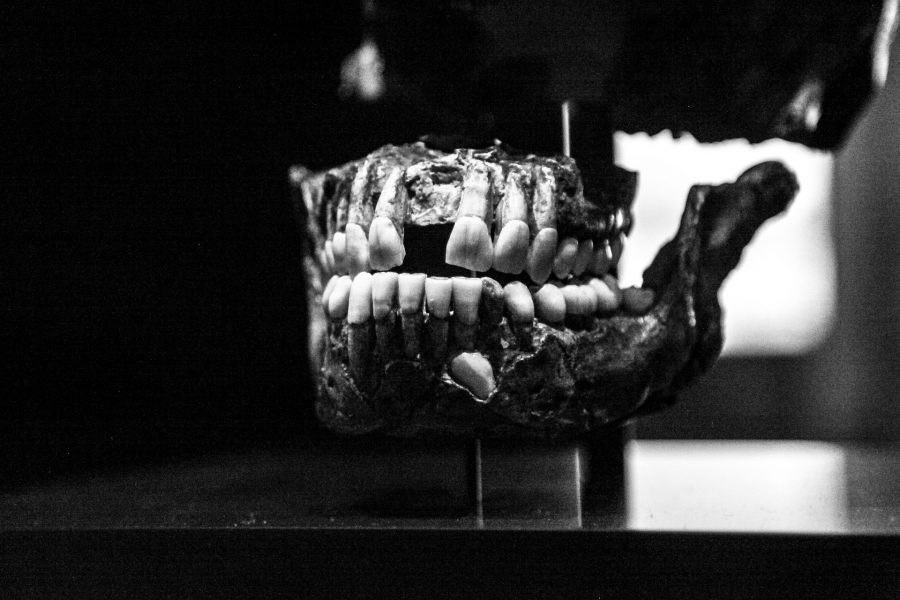A broken or fractured jaw is a common facial injury. Estimates place it as the tenth most fractured bone in the human body. Jaw fractures are a consequence of direct and immense force applied to the jawbone. Because the jawbone is the chief bone in the face, and responsible for any chewing, talking, or other movements, any fracture or damage to the jawbone can be immensely distressing and painful.
In most cases, the patient is limited to soft foods and liquids in the healing period after the fracture. It can, in some cases, permanently affect how a person looks. Women are three times less likely to endure a broken jaw compared to men, but when taking both genders into account, people most prone to this kind of fracture injury are between the ages of 20 to 29. The most common reasons reported behind a jaw fracture are motor vehicle accidents, sports, falls, and assaults.
A fractured jaw can be recognized if one experiences symptoms like jaw pain, malocclusion (the feeling that your teeth do not fit together when your mouth is closed normally), difficulty in opening the mouth, difficulty in speaking, numbness in the chin or lower lip, and bleeding. Some of these symptoms may also indicate a dislocated, rather than broken, jaw. The best way to be sure of a fractured jaw is to get it evaluated by a professional. If you experience any of the mentioned symptoms then it’s best to consult an oral surgeon, orthodontist, or dentist as soon as possible. You should ice your jaw on the way to the doctor if you can. This will reduce swelling and make it easier for the oral surgeon or doctor to examine you. If your oral surgeon or orthodontist does not take emergency cases, your doctor may ask you to go to an emergency room for X-rays.
In rare but serious cases, breathing issues may present themselves due to lack of support from the tongue. In this case, get in touch with an oral surgeon or head to the emergency room right away.
Jaw fractures can cause secondary problems in infection, irritation, or inflammation of the gums. Such fractures are treated with antibiotics, and that is one of the many reasons you should go to a doctor for jaw pain right away. There may need to be surgical intervention in the treatment of a jaw bone fracture. There are several types of surgery that may be employed, and they depend on the type of injury sustained. The upper and lower teeth may be wired together, keeping the jaw stable and the mouth closed. This may prevent solid food from being consumed for some time but can improve the healing time and recovery dramatically. Your oral surgeon may need to use either metal plates or bars and screws to attach them to the bone across the fracture. This type of surgery will often result in the patient being able to eat solid food sooner in the recovery process. Patients may receive a tetanus shot before the procedure, based on the kind of fracture and the circumstances surrounding the accident causing the fracture. Make sure that the process of this surgery is only performed by an oral and maxillofacial surgeon and not a regular dentist. If you have had surgery then it is mandatory to follow up with an oral surgeon to ensure that you are healing correctly.
The duration of the healing process will depend on the type of fracture. Some fractures are more serious than others, and may require different treatments. The average time for an uncomplicated fracture to heal is a minimum of six weeks. During this time antibiotics need to be taken regularly as instructed. Serious cases may take months for full recovery. Most patients lose a lot of weight, which happens because of the change in diet. Foods that need chewing are usually out of question, at least for a while, so pureed or mashed foods are more advisable. If the mandible is wired shut to speed up healing then the only option for food intake is through a straw. This issue can be countered by consulting a nutritionist or a dietician to design a filling diet which fulfils the body’s needs with a liquid diet until the jaw heals.
For more details and info, it is advised to contact your local oral surgeon.
Make sure that you help prevent injury by driving safely, avoiding physical fights, and wearing full protective gear when playing sports.
